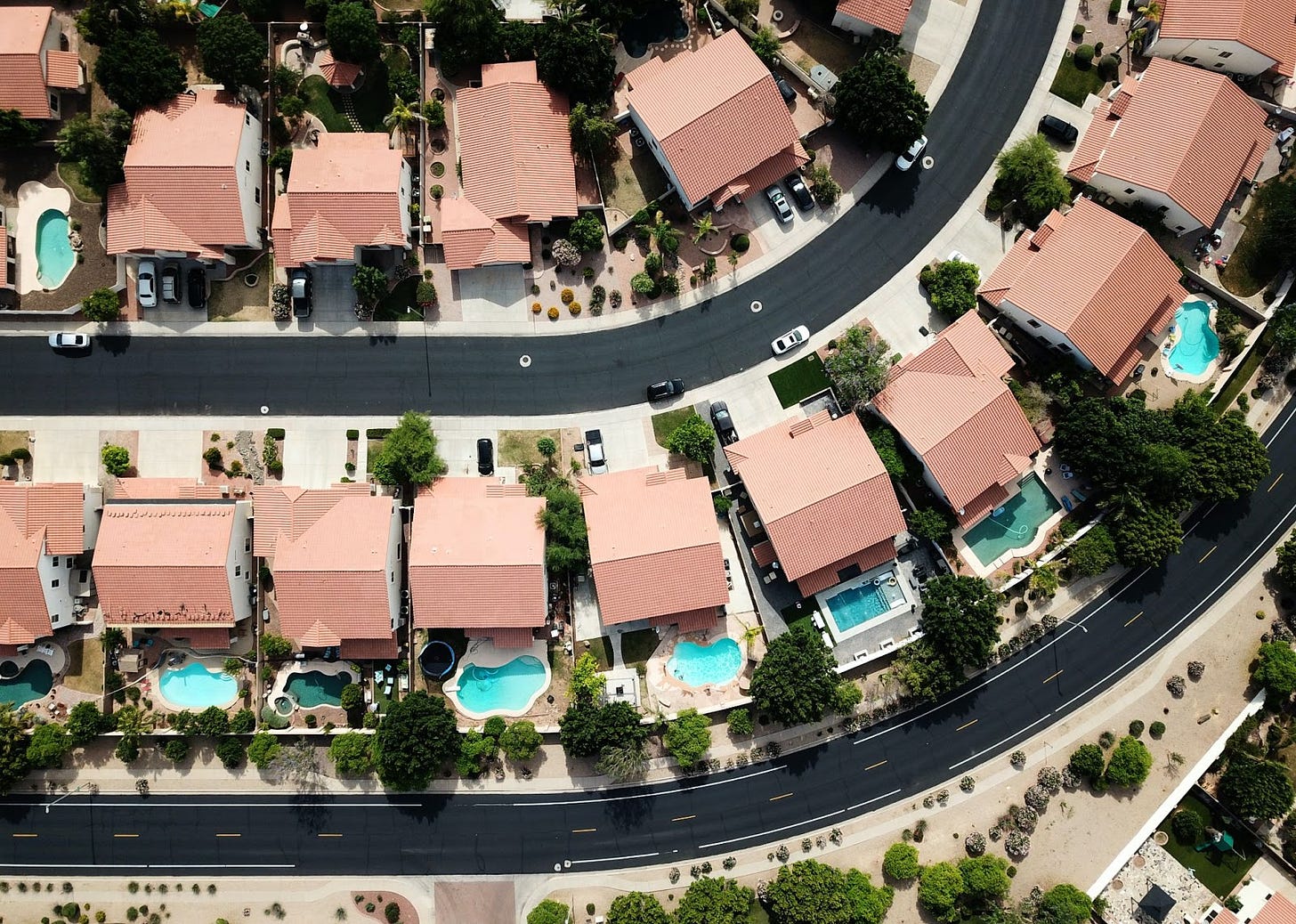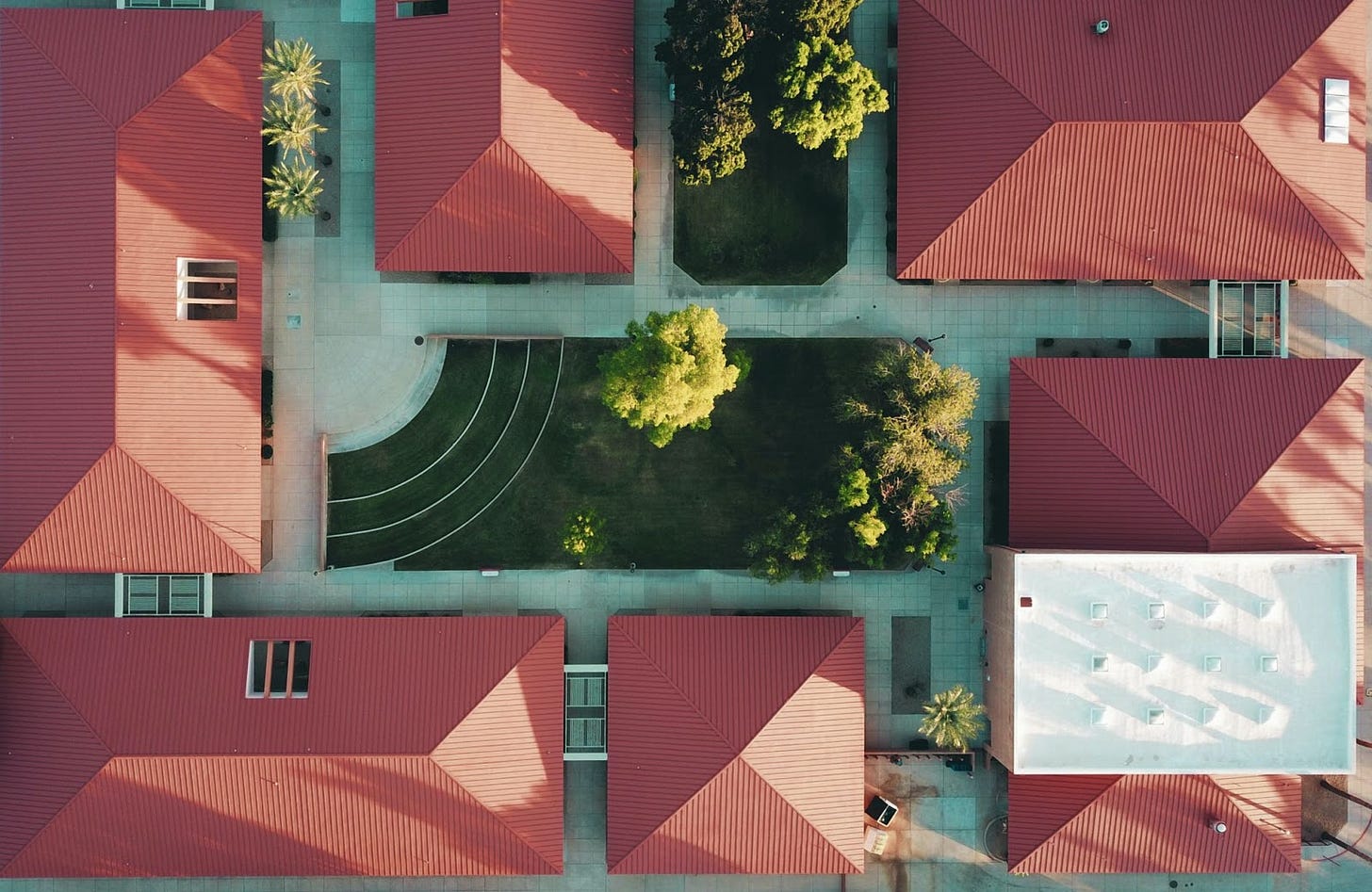Can we go back to trusting each other?
Getting offline might be the key.
The CDC’s recent announcement that it’s safe for fully vaccinated people to take their masks off in most indoor settings was met with a flurry of questions. What does this mean for stores and restaurants? What about local mask mandates? How does this affect the immunocompromised? What about young children, who can’t yet get vaccinated?
The most common question, though, was one rooted in suspicion: How can you trust that the unmasked person next to you is vaccinated?
The short answer is, you can’t.
It’s not surprising that this is a major concern. Last year, amid the COVID-19 pandemic and widespread outcry against racial injustice, public trust in social institutions, including government and the media, hit near-record lows. In 2019, a Pew survey found that 7 in 10 Americans believed that people’s trust in one another had declined over the past 20 years.
After spending the past year at home, interacting with people largely through screens, I noticed myself becoming increasingly skeptical of others. At times, this mistrust even extended to friends and acquaintances. I’d side-eye people’s choices on social media, wondering if they were taking COVID precautions as seriously as I did, or whether they were doing more to combat racial injustice than just posting performative black squares. In the few times that I did interact in person, I was much more guarded than usual.
None of this wariness felt good. I hated how distanced I was from people—not only socially, but psychologically. Somehow, though, my skepticism seemed necessary. Especially when the stakes of a pandemic, rampant misinformation, and political divisions felt so high.
For many of us, the majority of our lives took place through screens last year. As lockdowns went into effect and in-person gatherings were deemed unsafe, we instead connected online. We met babies over FaceTime, attended work meetings via Zoom, and congregated at concerts through Facebook Live. And when we weren’t connecting directly with others, we kept in touch with the world through untold hours consuming the news and scrolling social media.
At first, all of this screen time was a blessing—thank goodness we had safe ways to connect! But as the months wore on, it felt more and more like a burden. People warned against the effects of doomscrolling and complained about burnout. The discourse on social media became increasingly divisive, and the news seemed bleaker by the day.
Through it all, there were endless examples of how greedy and hateful people can be. Landlords evicted tenants. Police officers harassed and killed Black people. Racists attacked Asian-Americans. And the COVID-19 pandemic raged on—claiming hundreds of thousands of lives.
There are, unfortunately, plenty of reasons to be skeptical of others. But as we reenter the world, I’ve been thinking about what all this distrust does to us.
Trust—the belief that someone or something can be relied on—is crucial for healthy romantic relationships, friendships, and even interactions between strangers. It is, as Psychology Today put it, “the key to social harmony.”
When we don’t trust others, we suffer. People who lack trust tend to struggle with low self-esteem. They are also likely to bottle up emotions, since they feel like they can’t safely confide in others. Workplaces with trust issues are some of the most dysfunctional—bosses hoard information, employees undermine each other, and serious problems go undiscussed.
On the flip side, people who have faith in others tend to have a healthy sense of confidence. They have stronger relationships and believe that the world is mostly good. Employees at high-trust companies report less stress, more energy, higher productivity, less burnout, and more satisfaction in their lives.
Sounds great, doesn’t it?
There were so many things about the past year that dragged me down—especially distrusting others. Lately, I’ve been trying to remind myself that what I see on the news and social media isn’t an accurate reflection of the world. I’ve been actively looking for examples that people are good. Most of all, I am taking advantage of the opportunity to get offline.
Now that I am fully vaccinated and can safely interact with people in person instead of through a screen, I can already feel my anxiety lessening and my heart expanding.
Of course, trusting others is relatively easy for me to do, with all of the privilege that my class, skin color, and sexuality afford me. There are plenty of well-founded reasons for marginalized people to mistrust others. It can undoubtedly be challenging, but we could all benefit from regaining some of the trust in others that we may have lost over the past year.
After all, holding onto all of that distrust ultimately harms us most.
There will always be times in our lives when we have no option but to trust and lean on others for help. For me, one of those moments was when Jamie died. It happened again when I experienced postpartum psychosis. I couldn’t get through either of those experiences alone. No matter how leery I was of the world, I had no choice but to trust the people around me.
In times when I have to surrender to trust, I think back to one of my favorite passages in Rob Sheffield’s memoir, Love Is a Mix Tape. After losing his 31-year-old wife, Renee, to a pulmonary embolism, he found himself “helpless” to resist the kindness of others:
Human benevolence is totally unfair. We don't live in a kind or generous world, yet we are kind and generous. We know the universe is out to burn us, and it gets us all the way it got Renee, but we don't burn each other, not always. We are kind people in an unkind world, to paraphrase Wallace Stevens. How do you pretend you don't know about it, after you see it? How do you go back to acting like you don't need it? How do you even the score and walk off a free man? You can't. I found myself forced to let go of all sorts of independence I thought I had, independence I had spent years trying to cultivate. That world was all gone, and now I was a supplicant, dependent on the mercy of other people's psychic hearts.
“Kindness is a scarier force than cruelty,” Sheffield wrote. “Cruelty isn’t that hard to understand.”
There are endless examples of cruelty wherever you look—especially if you’re looking at the world through a screen. For many of us, it’s a predictable cycle: We learn about yet another tragedy, we post about it and read the posts of others, we get angry and sad, and we view our fellow humans with a bit more skepticism.
At the same time, as Sheffield discovered, there are countless examples of kindness out there—even if they don’t always make the news. There are plenty of reasons to trust the people around us.
I’m not arguing that we should stop advocating for a less-cruel world, or not hold the people who do bad things accountable. We should be outraged by injustice, and we should use that anger to affect change; however, we must remember, for our own benefit, that amid all of the injustices, there’s also plenty of good. We owe it to ourselves to reflect on the kindness and generosity of others, and we owe it to others to be kind and generous in return.
Despite it all, I truly believe that there’s a lot of kindness in this unkind world.
Sometimes we need to get offline in order to see things more clearly. And now, when most of us can get vaccinated and back into the world, it’s a perfect time for an extended screen break.
Doing that may not fix everything, but I can’t help but trust that it will make things a little better.
xoxo
KHG
p.s. What’s renewed your faith in humanity lately? How did it make you feel? It could be something as small as a stranger letting you go first in a grocery line, or something as big as friends rallying to support you in a time of need. I want to hear your stories! Reply to this email, leave a comment, or send me a message. I’ll curate the best replies in Friday’s subscriber-only newsletter.
💖 Sharing is caring


Have you subscribed to Jillian’s newsletter yet? If you like My Sweet Dumb Brain, I bet you’ll like Cruel Summer Book Club, too.
I know I say this often, but it’s so true: Word of mouth goes a long, long way in the newsletter world! Big thanks to everyone who has recommended, linked to, forwarded, or shared this newsletter on social media. It all helps!
My Sweet Dumb Brain is written by Katie Hawkins-Gaar. It’s edited by Rebecca Coates, whose worldview and mental state both seem rosier now that she’s getting back into the world as a vaccinated citizen. Special thanks to Billy Mays III, who talked through this essay and made it a lot better. Photos by Avi Waxman on Unsplash.
This newsletter contains a Bookshop.org affiliate link.





I never imagined kindness might be so difficult to deal with. But I never experienced or dispensed any until my third marriage some 43 years ago. Accepting it was very difficult: I couldn’t perceive it. My wife’s patience was (and is) unbelievable.